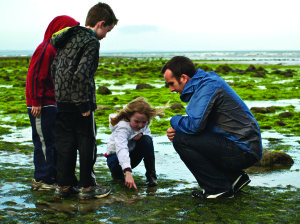 EQUITY. Tackle the continuing challenge of social and educational disadvantage, and find practical ways to help schools to close the overlapping gaps in social equity and educational attainment.
EQUITY. Tackle the continuing challenge of social and educational disadvantage, and find practical ways to help schools to close the overlapping gaps in social equity and educational attainment.- VOICE. Advance children’s voice and rights in school and classroom, in accordance with the UN Convention of the Rights of the Child.
- COMMUNITY. Promote community engagement and cohesion through school-community links and a community curriculum that supplements and enriches the national curriculum, and by developing communal values in school and classroom.
- SUSTAINABILITY. Embed sustainability and global citizenship in educational policy and practice, linking to the UN agenda for global education after 2015.
- AIMS. Develop and apply a coherent vision for 21st century primary education; enact CPR aims through curriculum, pedagogy and the wider life of the school.
- CURRICULUM. Develop a broad, balanced and rich entitlement curriculum which responds to both national and local need, eliminates the damaging division of status and quality between core and non-core, and teaches every subject, domain or aspect to the highest possible standard.
- PEDAGOGY. Develop a pedagogy of repertoire, rigour, evidence and principle, rather than mere compliance, with a particular emphasis on fostering the high quality classroom talk which children’s development, learning and attainment require.
- ASSESSMENT. Encourage approaches to assessment that enhance learning as well as test it, that support rather than distort the curriculum and that pursue standards and quality in all areas of learning, not just the core subjects.